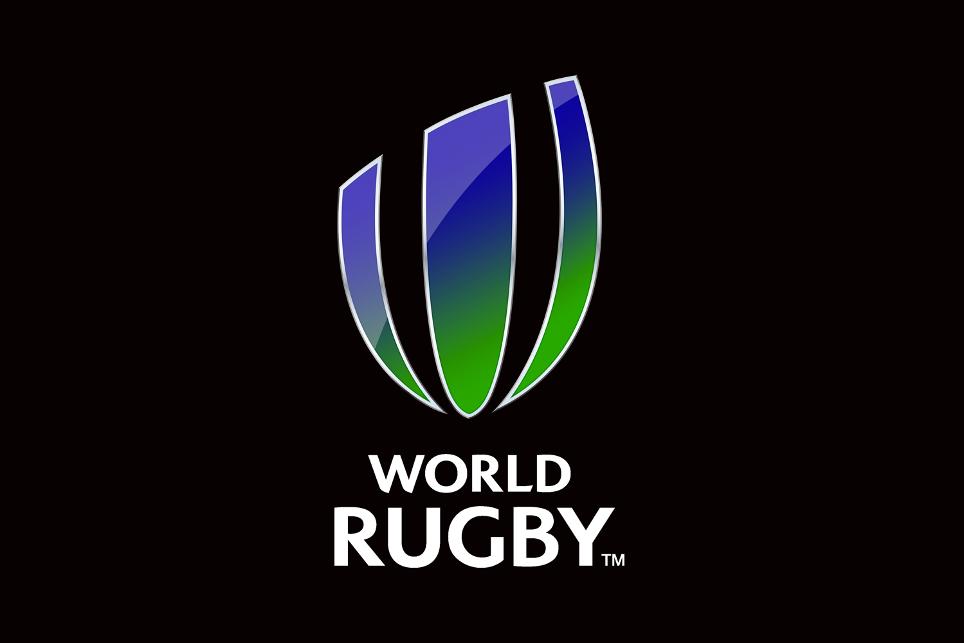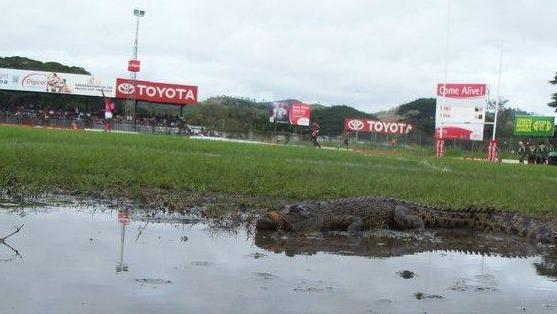
- New law application guideline will codify zero-tolerance to contact with the head
- Approach informed by largest-ever study identifying most common situations leading to head injuries
- Players, coaches and match officials urged to be proactive in changing culture
- Latest step in proactive, evidence-driven approach to injury reduction
- Head is a no-go area
World Rugby has further strengthened its commitment to injury prevention by announcing details of a zero-tolerance approach to reckless and accidental head contact in the sport.
While injuries in the game are not on the rise, the federation continues to be proactive in furthering evidence-based strategies to reduce injury risk for all players.
In a change to law, World Rugby has redefined illegal (high) tackle categories and increased sanctions to deter high tackles via a law application guideline. This will apply at all levels of the game from 3 January 2017 introducing minimum on-field sanctions for reckless and accidental contact with the head, effectively lowering the acceptable height of the tackle.The guideline will be supported with a global education programme.
The approach, approved by the World Rugby Council after extensive expert, independent and union evaluation, combines with new disciplinary sanctions and a re-focus of match officials on dangerous play. It will provide a package of measures that aims to change culture in the sport to ensure that the head is a no-go area.
World Rugby Chairman Bill Beaumont said: “World Rugby continues to be proactive in aligning with the latest evidence-based recommendations in this priority player welfare area to ensure players and coaches at all levels of the game are appropriately educated, managed and protected when it comes to head impacts and injury within the environment of a contact sport.
“We believe that we are playing a leading role in terms of the development and implementation of best-practice interventions and this important study further reflects our commitment to an evidence-based approach to player welfare. We believe that the invaluable data from this study will inform the law review process and lead to changes in playing or training practices.”
Ireland prop Tadhg Furlong said: “When it comes to protecting the head and neck of players, everyone is rightly very cautious now. The culture around concussion has completely changed and it’s no longer acceptable for players to continue in a game if they’re even suspected of having a concussion. When it comes to dealing effectively with concussion in sport, rugby is at the forefront. The International Rugby Players’ Association (IRPA) supports any measure that protects our welfare and we are in favour of this initiative, which we believe will help further to reduce head and neck injuries at all levels of the game. Rugby is a physical sport and there will always be a level of injury risk associated with it but the sport is doing as much as it can to make it as safe as possible.”
World Rugby Chief Medical Officer Dr Martin Raftery added: “The findings of this important research study will also be prepared into a series of scientific articles that we aim to have published in peer-reviewed journals. We continue to welcome and facilitate all quality research for the betterment of the game in this priority area.
“World Rugby is committed to playing a leading role in the sporting head injury agenda and continues to drive forward evidence-based strategies in education, prevention, management and research that are proving successful in protecting players at all levels of the sport.”
From 3 January, 2017, two new categories of dangerous tackles will carry penalty offences to deter and eradicate high tackles:
Reckless tackle
A player is deemed to have made reckless contact during a tackle or attempted tackle or during other phases of the game if in making contact, the player knew or should have known that there was a risk of making contact with the head of an opponent, but did so anyway. This sanction applies even if the tackle starts below the line of the shoulders. This type of contact also applies to grabbing and rolling or twisting around the head/neck area even if the contact starts below the line of the shoulders.
Minimum sanction: Yellow card
Maximum sanction: Red card
Accidental tackle
When making contact with another player during a tackle or attempted tackle or during other phases of the game, if a player makes accidental contact with an opponent’s head, either directly or where the contact starts below the line of the shoulders, the player may still be sanctioned. This includes situations where the ball-carrier slips into the tackle.
Minimum sanction: Penalty
VIEW THE EXPLANATORY VIDEO HERE >>
https://www.youtube.com/watch?v=p6SKgwx7syo&utm_source=World+Rugby+Press+List&utm_medium=email&utm_campaign=161205+DR+Head+Injury+Prevention
VIEW THE RELEVANT LAW APPLICATION GUIDELINE HERE >>
https://laws.worldrugby.org/guidelines?utm_source=World+Rugby+Press+List&utm_medium=email&utm_campaign=161205+DR+Head+Injury+Prevention
VIEW PLAYER WELFARE EDUCATIONAL MATERIALS HERE >>
https://playerwelfare.worldrugby.org/?utm_source=World+Rugby+Press+List&utm_medium=email&utm_campaign=161205+DR+Head+Injury+Prevention
Global education programme
World Rugby will support this initiative with a global awareness and education programme aimed at:
- Reinforcing the zero-tolerance culture regarding head contact in the game at all levels using practical advice and visual educational materials
- Educating that illegal tackles are not necessarily defined by where they start as they can slip up from a legal position to make contact with the neck/head
- Educating that “bent at the waist” while tackling and entering into contact is the optimal position for injury prevention
- Promoting best-possible technique to protect the head – expert advice will be obtained from elite defence coaches to identify the best tackle technique and the best impact position for the ball-carrier, including guidelines on double and treble tackling.
World Rugby is also investigating the practicality of a closed trial of a lowered tackle height at community age-grade level in 2017.
Extensive research programme
This ground-breaking programme is entirely evidence-based and these interventions have been developed by game experts following extensive research examining videos of more than 600 incidents leading to head injury assessments (HIA)* occurring across 1,516 elite-level matches globally between 2012 and 2015.
Specifically, World Rugby investigated circumstantial and law factors that may contribute to head injury events to enable the international federation’s game expert group to determine whether potential law amendments or other interventions are indicated.
The study focused on tackle injuries and considered a number of conditions associated with the tackle including: The presence of foul play; what happened at the preceding event; the nature and angle of contact; body positions at the point of impact; the tackle height; the relative velocity at the time of impact; the number of tacklers involved; the type of tackle; and other variables.
The data confirmed that 76 per cent of all head injuries occur in the tackle, that the incidence of injury for the tackler is more than two and a half times greater than the ball-carrier and that tackle height is a contributing factor.
Headline findings:
- 611 HIA incidents were reviewed from 1,516 elite matches
- 76 per cent of HIA incidents occur in the tackle
- 72 per cent of HIA incidents in the tackle occur to the tackler
- Body position, speed and direction of tackle all influence risk
A specialist multi-disciplinary injury prevention group of game experts, comprising elite coaches and individuals with playing and match officiating experience at the elite and community levels was tasked with reviewing the data. The group then made recommendations to World Rugby’s Law Review Group and education departments for consideration with the following injury prevention interventions proposed to and approved by World Rugby’s Rugby and Executive Committees.
 A quick reminder, the Head Injury Assessment (HIA) is NOT an option for rugby athletes competing in any domestic competition in the United States.
A quick reminder, the Head Injury Assessment (HIA) is NOT an option for rugby athletes competing in any domestic competition in the United States.



